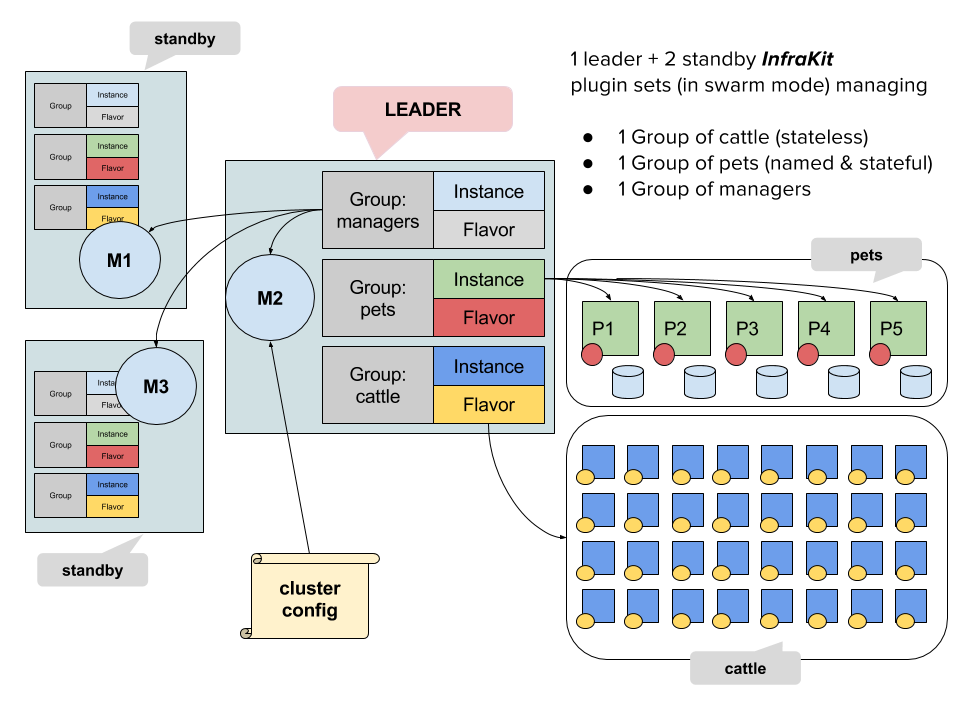
Docker is providing a new way for developers to create and manage their infrastructure. The company announced InfraKit, an open-source toolkit for “self-healing” infrastructure, at its LinuxCon Europe event this week.
“With SwarmKit, Docker introduced a declarative management toolkit for orchestrating containers. Today, we are doing the same for infrastructure,” the Docker core engineering team wrote in a blog post. “InfraKit was born out of our engineering efforts around Docker for AWS and Azure and future versions will see further integration of InfraKit into Docker and those environments, continuing the path building Docker with a set of reusable components.”
(Related: Kontena and Packet team up to make containers easier for developers)
InfraKit is designed to break down infrastructure automation into digestible and pluggable components in order to provide monitoring, automatic reconciliation, and a declarative infrastructure state, according to the company. “These components work together to actively ensure the infrastructure state matches the user’s specifications. InfraKit emphasizes primitives for building self-healing infrastructure but can also be used passively like conventional tools,” the team wrote.
The plug-ins are able to monitor infrastructure, detect problems, and take action without human intervention. InfraKit supports groups, instances, and flavors as plug-ins. The group plug-in monitor the overall health, the instances are members of a group that manages “some physical resources instances,” and the flavor plug-in “can make additional determination beyond presence of the resources.”
“This active monitoring and automatic reconciliation brings a new level of reliability for distributed systems,” according to the team.
The company hopes by open-sourcing the solution, the community will help create and design new plug-ins, support different infrastructures, and define interfaces.






